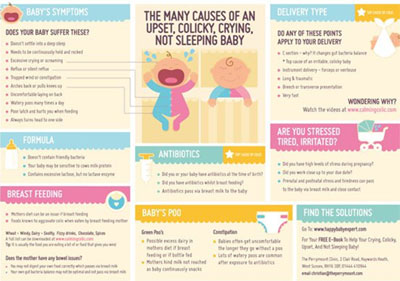
Cows milk allergy study
Abstract:
Previous studies have suggested that an unidentified cow’s milk protein, other than beta-lactoglobulin and casein, might play a pathogenetic role in infant colic. Therefore, a radioimmunoassay was used to analyze human breast milk and infant formula samples for the presence of bovine IgG.
Milk samples from 88 of the 97 mothers tested contained greater than 0.1 micrograms/mL of bovine IgG. In a study group of 59 mothers with infants in the colic-prone 2- to 17-week age group, the 29 mothers of colicky infants had higher levels of bovine IgG in their breast milk (median 0.42 micrograms/mL) than the 30 mothers of noncolicky infants (median 0.32 micrograms/mL) (P less than .02).
The highest concentrations of bovine IgG observed in human milk were 8.5 and 8.2 micrograms/mL.
Most cow’s milk-based infant formulas contained 0.6 to 6.4 micrograms/mL of bovine IgG, a concentration comparable with levels found in many human milk samples.
The results suggest that appreciable quantities of bovine IgG are commonly present in human milk, that significantly higher levels are present in milk from mothers of colicky infants, and that bovine IgG may possibly be involved in the pathogenesis of infant colic.
ALSO WATCH:
My videos on your Baby BirthType. Very important to understand these





No Comments